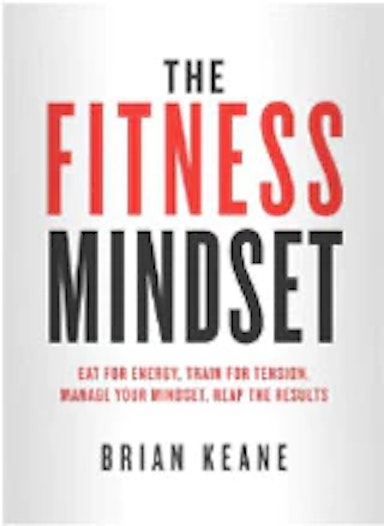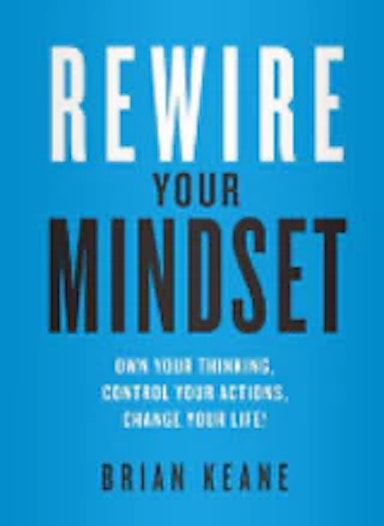6 potential downsides of extreme under-eating!
- By Brian Keane
The logic behind using extreme under-eating to achieve fat loss appears to make sense at first. A calorie deficit will result in weight loss in most cases. However, extreme under-eating actually does not lead to successful and sustainable fat loss. It fails because there are a lot of potential downsides. In this week’s video, we discuss the potential downsides of extreme under-eating, so let’s get into it.
But before we get into the consequences of extreme undereating, let’s clarify that we are talking about yo-yo dieters and people who are severely restricting their caloric intake for a weight loss goal. We are not talking about disordered eating or eating disorders. That is beyond the scope of this blog.
1: Slowed metabolism
Your metabolic rate is the number of calories you burn each day. The faster your metabolic rate, the more calories you burn, which can help with fat loss.
There are many ways to increase your metabolic rate, including resting, sleeping well, eating well, and regularly doing resistance training.
Conversely, there are also many ways to decrease your metabolic rate. Restricting calories is one way to slow your metabolism.
Think of your metabolism like a fire. If you fuel a fire, it burns bigger and brighter. If you keep fueling your body with calories, you can potentially keep your metabolism high. But if you severely restrict fuel or calories, you might slow your metabolic rate. So while you may lose weight in the short term, you may slow your metabolism and have problems losing weight or keeping weight off in the long term.
2: Extreme fatigue and low energy
Food and nutrients provide energy to your body. You need energy to survive and feel good. If you restrict calories, your energy levels will struggle, your quality of life will decrease, and you’ll experience other side effects such as low sex drive and low sleep quality. Low energy also means you will move less throughout the day, which means you burn fewer calories and hinder your weight loss.
3: Irritability and depression
When you restrict calories and nutrients, your mood will decrease and you will feel like crap and be very irritable. That can create an environmental depression where you feel moody, unmotivated, and depressed because of factors like the lack of nutrients and hormone imbalance.
4: Lack of quality sleep
The lack of sleep caused by extreme caloric restriction is also known as “dieter insomnia.” You may go to bed exhausted but unable to sleep, also called “tired but wired.” This phenomenon is caused by factors such as increased levels of cortisol and stress hormones, the feeling of being too hungry to fall asleep, and the overall feeling that your body is stressed.
5: Hair loss and skin problems
Hair loss and skin problems don’t happen to everyone, but they are very common side effects of extreme caloric restriction. The body needs vitamins and minerals to maintain healthy hair and skin, so it cannot maintain these things without fuel. Hair and skin problems are especially common when dietary fat intake drops too low.
Fat is high in calories, so many extreme restriction diets cut out fats. However, high-quality fats are your friends and can be important for things like satiety. So don’t avoid fat altogether; just be mindful of its calories.
6: Fat loss plateau
Finally, extreme under-eating often leads to a fat loss plateau. The fat loss plateau is caused by all the reasons above: things like slowed metabolism, lack of sleep, low energy, hormone imbalance, and more. Mixed together, all these factors lead to a fat loss plateau.
Key takeaway:
Don’t overcomplicate fat loss and weight loss. You need to consistently be in a caloric deficit to tap into your fat stores for fuel. That’s it. The specifics of your diet plan are largely irrelevant to successful fat loss, so find a plan that you enjoy that is aligned with your goals so you can stay in a consistent caloric deficit and find success


